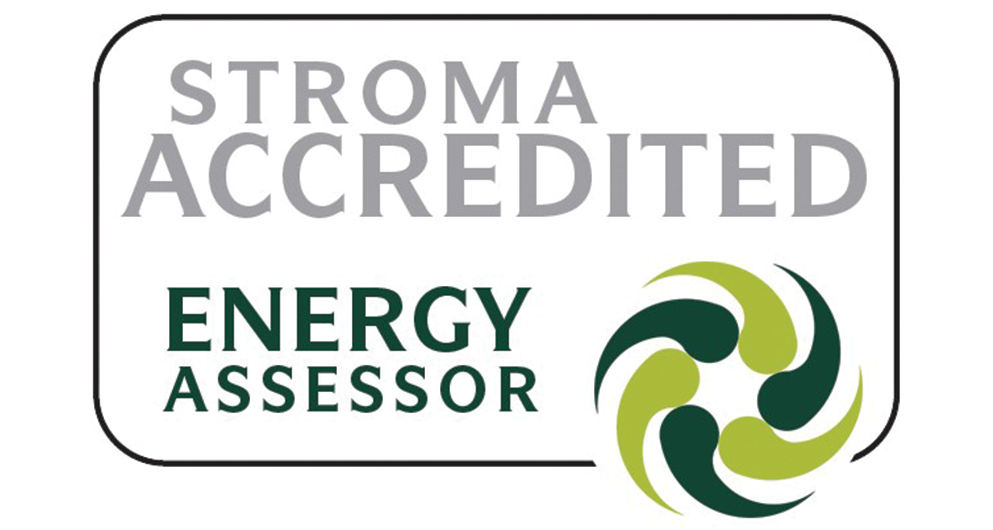





Energy Performance Certificates (EPCs) have become increasingly crucial in today's environmentally conscious world. For commercial buildings, an effective EPC can make a substantial impact, not only on energy efficiency but also on the overall success of the business. In this blog, we will explore the significance of a successful EPC and how it can bring remarkable improvements in commercial buildings, from cost savings to enhanced sustainability.
Before diving into the benefits of a successful EPC, let's first understand what an Energy Performance Certificate is. An EPC is a document that assesses the energy efficiency of a building and rates it on a scale from A (most efficient) to G (least efficient). It provides valuable information about a building's energy consumption, carbon emissions, and recommendations for improvement.
One of the primary advantages of a successful Commercial EPC is the potential for significant cost savings. Commercial buildings with higher energy efficiency ratings tend to consume less energy, resulting in reduced utility bills. By implementing the recommended energy-saving measures from the EPC, businesses can cut down on operational expenses, leading to improved profitability and long-term financial gains.
In the increasingly competitive commercial real estate market, having a favorable EPC rating can provide a significant competitive edge. Energy-efficient buildings appeal to environmentally conscious tenants and investors who prioritize sustainability and green initiatives. A positive EPC rating can boost a building's marketability, attracting a broader range of potential tenants and potentially commanding higher rental rates.
A successful EPC is not just about cost savings and marketability; it is also essential for legal compliance. In many jurisdictions, commercial buildings are required to have a valid EPC when constructed, sold, or leased. Failure to meet the minimum energy efficiency standards outlined in the EPC can result in penalties and legal consequences. Ensuring compliance with building regulations through a successful EPC is, therefore, a crucial aspect of managing a commercial property.
Corporate Social Responsibility (CSR) has become a core aspect of modern businesses. A successful EPC aligns with a company's sustainability goals and demonstrates a commitment to reducing its carbon footprint. By operating from an energy-efficient building, businesses can positively contribute to environmental preservation and showcase their dedication to being environmentally responsible, enhancing their overall brand reputation.
An often overlooked benefit of a successful EPC is the improvement in the indoor environment quality (IEQ). Energy-efficient buildings typically have better insulation, proper ventilation systems, and effective temperature regulation. This leads to a healthier and more comfortable working environment for occupants. A pleasant indoor environment can boost employee productivity and well-being, ultimately benefiting the business's overall performance.
As energy costs continue to rise, investing in energy-efficient measures outlined in a successful EPC can act as a safeguard against unpredictable expenses. By implementing energy-saving technologies and practices, commercial building owners can insulate their businesses from the impact of escalating energy prices, ensuring financial stability and predictability in the long run.
Many financial institutions and governments now offer incentives and preferential financing options for energy-efficient buildings. A successful EPC opens doors to such green financing opportunities, allowing businesses to access loans or grants at lower interest rates, thereby reducing the cost of implementing energy-saving measures. Additionally, some regions offer tax credits or rebates for EPC improvements, further incentivizing businesses to invest in energy efficiency.
Commercial buildings are significant contributors to greenhouse gas emissions. By improving energy efficiency based on the recommendations of a successful EPC, businesses can reduce their carbon footprint and minimize their environmental impact. This proactive approach to sustainability aligns with global efforts to combat climate change and creates a positive ripple effect in the community and beyond.
Lastly, a successful EPC is a long-term investment in the value of the commercial property. Energy-efficient buildings tend to appreciate in value over time, attracting potential buyers and investors looking for a future-proof asset. A higher EPC rating can extend the building's lifespan and ensure it remains competitive in the real estate market for years to come.
In conclusion, a successful Energy Performance Certificate is a powerful tool that can bring remarkable improvements in commercial buildings. From cost savings and marketability to environmental responsibility and employee well-being, the benefits of an effective EPC are wide-ranging. By prioritizing energy efficiency and implementing the recommendations of the EPC, businesses can thrive in an increasingly competitive landscape while contributing positively to the environment and society at large. Embracing a successful EPC is not just a financial investment; it is a step towards a sustainable and prosperous future.





